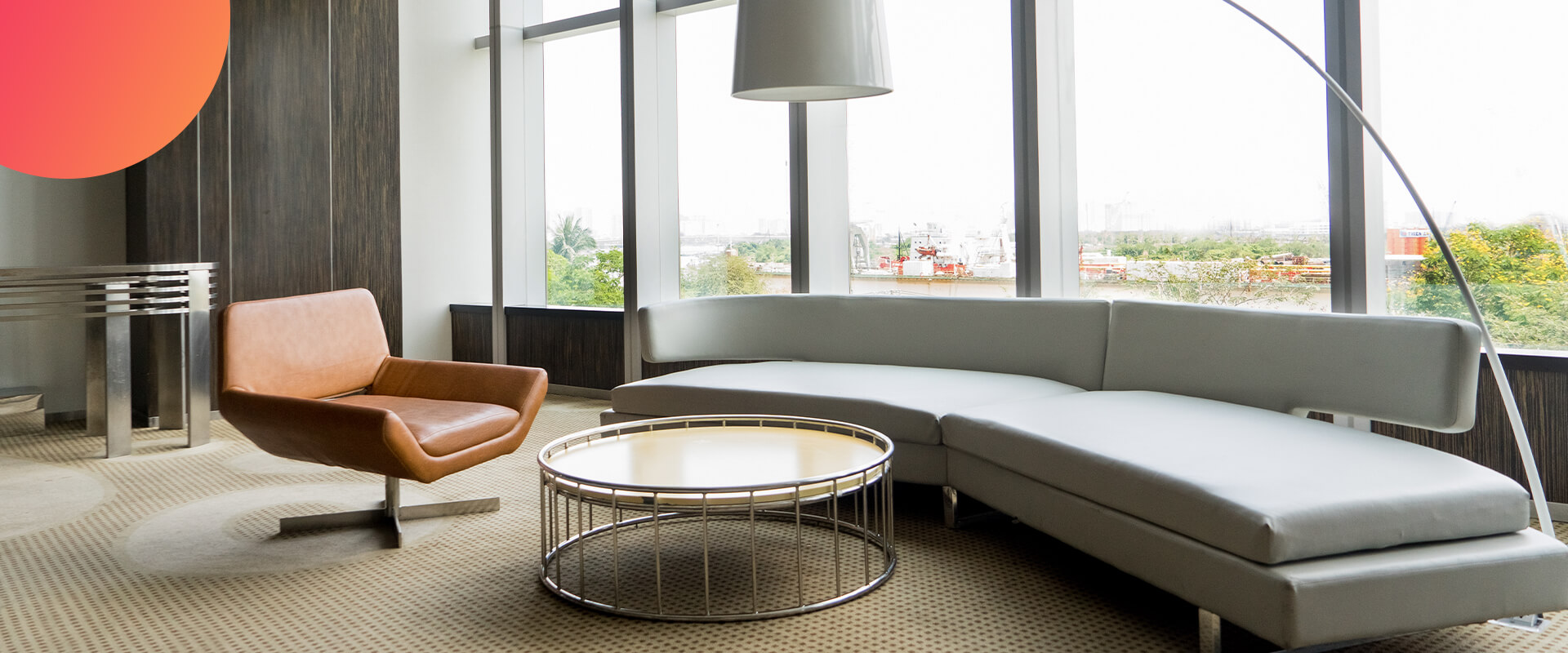
Re imagining The Future of Work
Open floor sitting arrangements, rows of desks, teams seated together. Before the pandemic, a traditional office space was designed to be functional, more than anything. The mass transition to work from home in 2020 turned this type of thinking around. At the home office, employees found that productivity and performance didn’t go for a nosedive, and in many cases, actually increased, as employees enjoyed a level of flexibility and work-life balance they never previously experienced.
As we begin slowly returning to normalcy, many employees are understandably reluctant to give up the greater control they have had while working from home. According to surveys, the majority of employees hope for a 50/50 split between working remotely and from the office.
Home office will have an impact on the future of work
The future of work: Culture, Connection & Trust
Working from home full-time will naturally lead to feelings of isolation and disconnection but the feeling of being valued and trusted is just as important as an employee’s well-being when working remotely. For remote work to properly flourish and have a place in a hybrid work model, businesses should focus on how they can create effective communication routes between employees while they are working from home.
Communication will of course be a challenge at first for the hybrid work model, with some employees working from the office and some working remotely. Employees feeling overlooked or neglected can be a common concern. Businesses must address these issues to ensure that their hybrid model is a success. Poor connection or culture may lead to lower productivity, lack of motivation.
What kind of office spaces do employees prefer?
Employees across the world will have varying expectations from their respective workplace. Going forward, cultural differences will dictate how employees help shape the future of their respective office space.
As more and more offices reopen around the country, the initial focus will be on keeping employees safe and sound. Every organization will have to scour for ways to establish a better, more flexible future of work and future office space for their employees. Advanced digital technologies will play a crucial role in ensuring the environment is flexible enough to allow different spaces to be used for different purposes according to employee needs, whether that involves work, well-being, or upskilling.
Mirroring the office space at home
Routine and familiar spaces are known to enhance performance and productivity. Employees who lack a dedicated workstation at home will miss out on the stability and ritual that comes when working out of a traditional office. A workspace at home, like a space in the office, will allow employees to replicate their work routines at home resulting in a seamless flow of work. When you mix personality, style, and high-quality furnishings, a home office becomes a productive and more efficient workspace.
Many organizations who have provided remote employees proper seating and height-adjustable desks, mirroring the traditional office space at home, quickly found that their efforts benefited employees’ well-being, productivity, and focus.
When mirroring the office workspace at home, there are 3 layers employers must be vary of:
- The first layer, Technology, will be all about maintaining team connection in a hybrid work model. Reliable internet connection is a must.
- Secondly, the appropriate tools for communicating, tracking progress, and accessing files with messaging apps, virtual meeting software, and file sharing platforms will keep people engaged with their work and with each other.
- The third layer will be all about how technology affects work performance.Businesses will need to continue investing in technology to keep their teams connected and their information secure, as well as enhance their ability to attract and retain top talent.
Mindsets will matter
Every job, task or project is supported at least in part by an employee. For this reason, it will be worthwhile to look at how each employee’s state of mind can affect their performance in a hybrid model.
When businesses or corporations take the time and make the effort to invest to support employees who are working remotely, they will feel more valued and cared for. Organizations that want to fully embrace hybrid work models must recognize that structured workspaces at home, in addition to the traditional office space, will help enhance productivity and focus wherever employees work out of.


 My Bookings
My Bookings Sign out
Sign out
